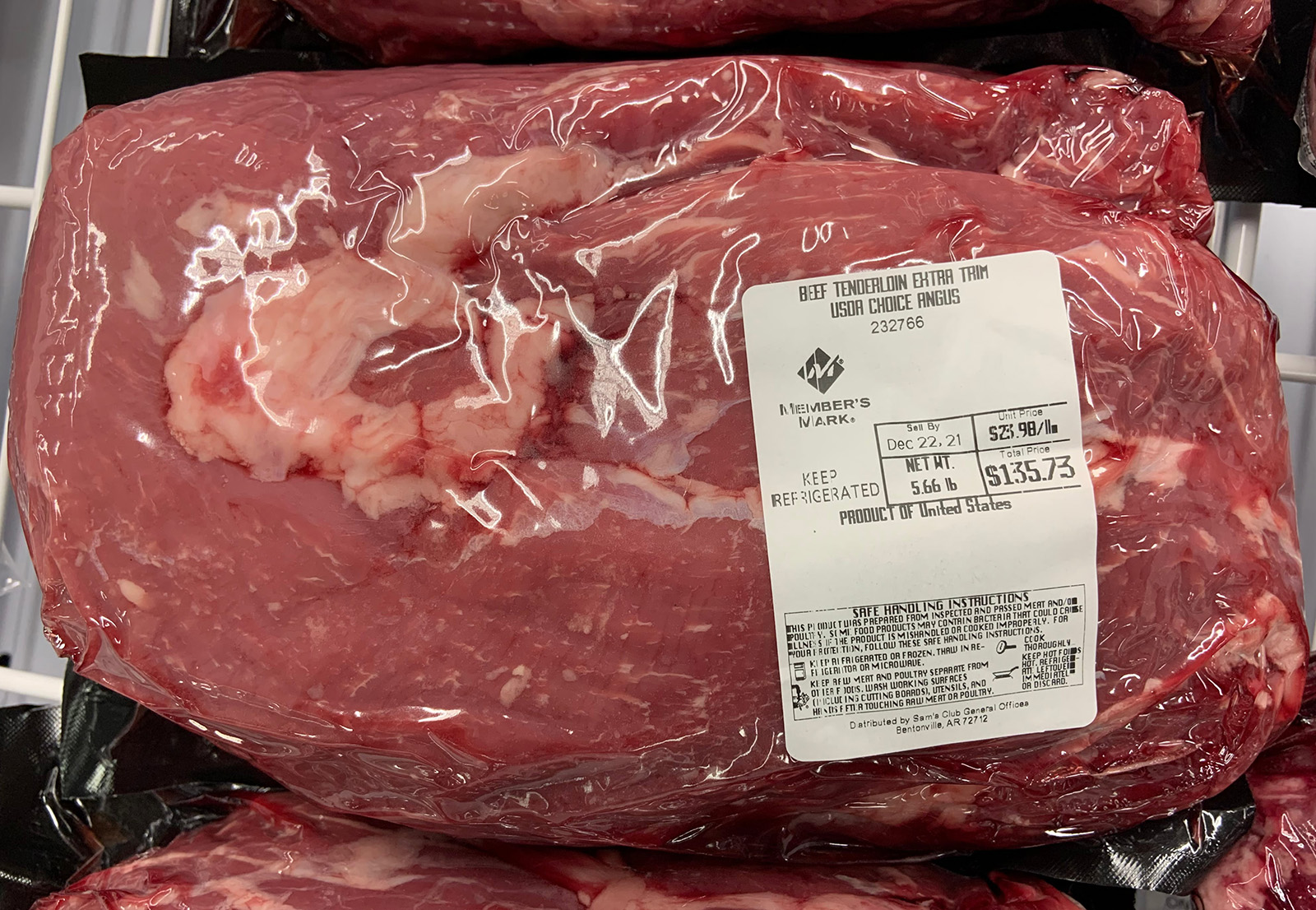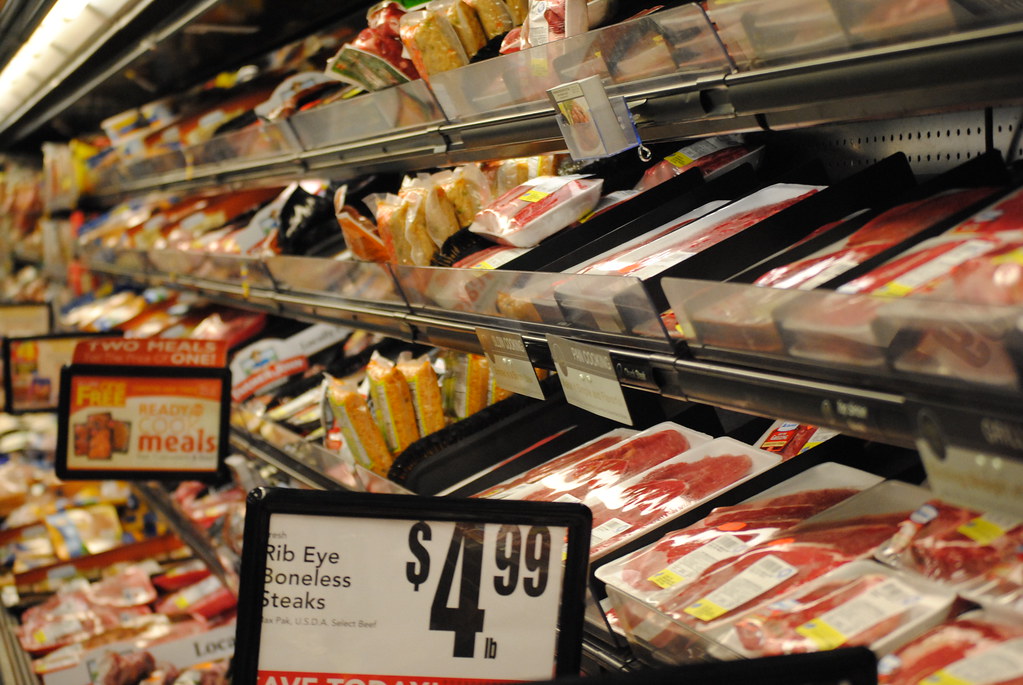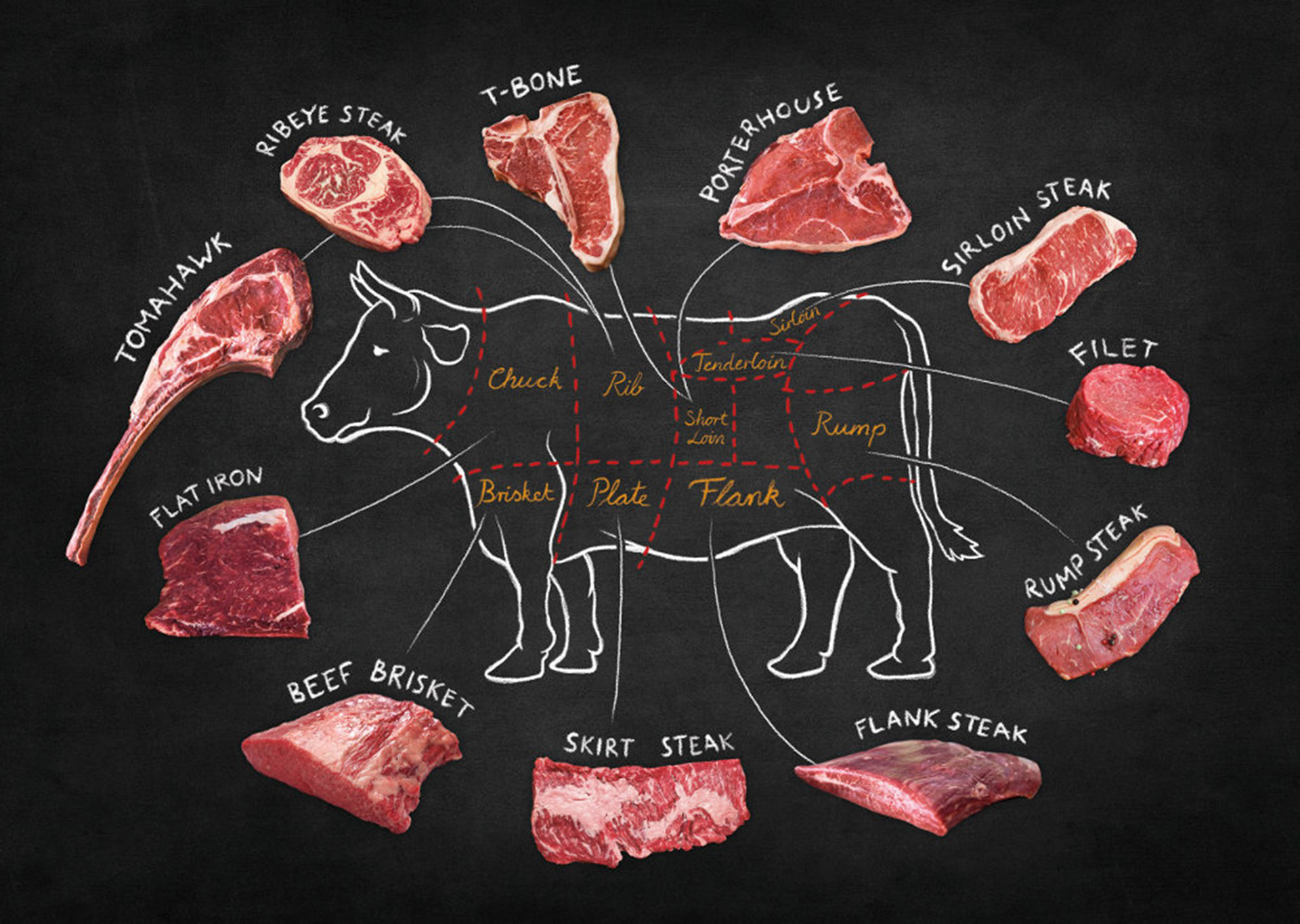The cost of putting food on the table is the highest it’s been in 40 years. The biggest food price hikes are in meats, with pork and beef up 14% to 20% compared with a year ago.
Food companies and some economists say pandemic disruptions, inflation and high demand are to blame. But others question whether there’s more at play.
“You’re seeing just orders of magnitude greater profit that are not justified by the actual rate of inflation or their increased costs,” Ricardo Salvador, a scientist with the Union of Concerned Scientists, a nonprofit advocacy group, told CBS News.
According to quarterly reports for Tyson, the nation’s largest meat processor, the company posted $3 billion in profit in 2021. It made over $1 billion in profit just last quarter, the reports showed.
That means profits are up a staggering 48% from the first quarter of 2021 compared with the same period in 2022, even as inflation is hurting American families.
A big reason for Tyson’s skyrocketing profits: its 31% price hike on beef, 20% on chicken and 13% on pork.
In an earnings call last month, Tyson’s CEO said, “We’re not asking customers or the consumer ultimately to pay for our inefficiencies. We’re asking them to pay for inflation.”
“Economists and industry analysts confirm that today’s higher meat prices are a direct result of constrained supplies due to the labor shortage, higher input costs for such things as grain, labor and fuel, and stronger consumer demand,” Tyson said in a statement to CBS News.
Other major meat suppliers are also posting similar profits. Some analysts like Salvador believe the numbers don’t add up.
“They’re clearly taking advantage,” Salvador said. “You know, they’re profiteering, and we’re not the only ones to observe that.”
“You could call it ‘corporate greed,’ sure. You could call it ‘jacking up prices during a pandemic,'” White House Press Secretary Jen Psaki said in December.
Even President Biden weighed in, blasting the meat industry in his State of the Union address last week.
“Capitalism without competition is exploitation. It drives up profits,” Mr. Biden said.
Four companies — Tyson, JBS, Marfrig and Seaboard — control up to 85% of the nation’s beef, pork and chicken markets.
“That means they can name whatever price they want. And if you want to buy meat, you’re paying that price,” Salvador said.
Jayson Lusk, Distinguished Professor and head of the Department of Agricultural Economics at Purdue University, told CBS News that meat companies are also facing rising costs for production.
“Tyson’s case is that even while profitability is rising, so are their costs and they’re having to pay more for their inputs,” Lusk said. “They’re paying about 20% higher wages to their workers since the start of the pandemic. And even for inputs such as cattle — cattle prices are up about 15% since the start of the pandemic, so their costs have increased. That explains part of the reason that we see increasing meat prices. But what we see at the same time is that their profitability has been able to increase because the demand increases for their products have more than offset their cost increases.”
Tyson adds that one of the reasons last year’s income was lower is because of COVID-related costs, including testing, protective equipment and operational disruptions.
For Selina Flores and her family, it’s no longer about stretching the budget — it’s about what gets cut. The monthly grocery bill for her family of four has nearly doubled, Flores said.
“It was meat at every meal. Now, it’s maybe two or three days out the week,” she told CBS News.
Her family now relies on a monthly food donation from the Harry Chapin Food Bank of Southwest Florida in Immokalee to make ends meet.
“We’re just trying to keep up with everything and the prices keep going up,” she said.
Salvador said there is nothing to keep the prices from increasing as long as “there isn’t competition that will help drive down the prices so that they have a reason to actually be more reasonable.”
That’s why Flores is worried about her children’s future.
“Prices are going up and they’re going to continue to go up. There’s no stopping it,” she said. “How am I going to make ends meet?”
Original Story by



